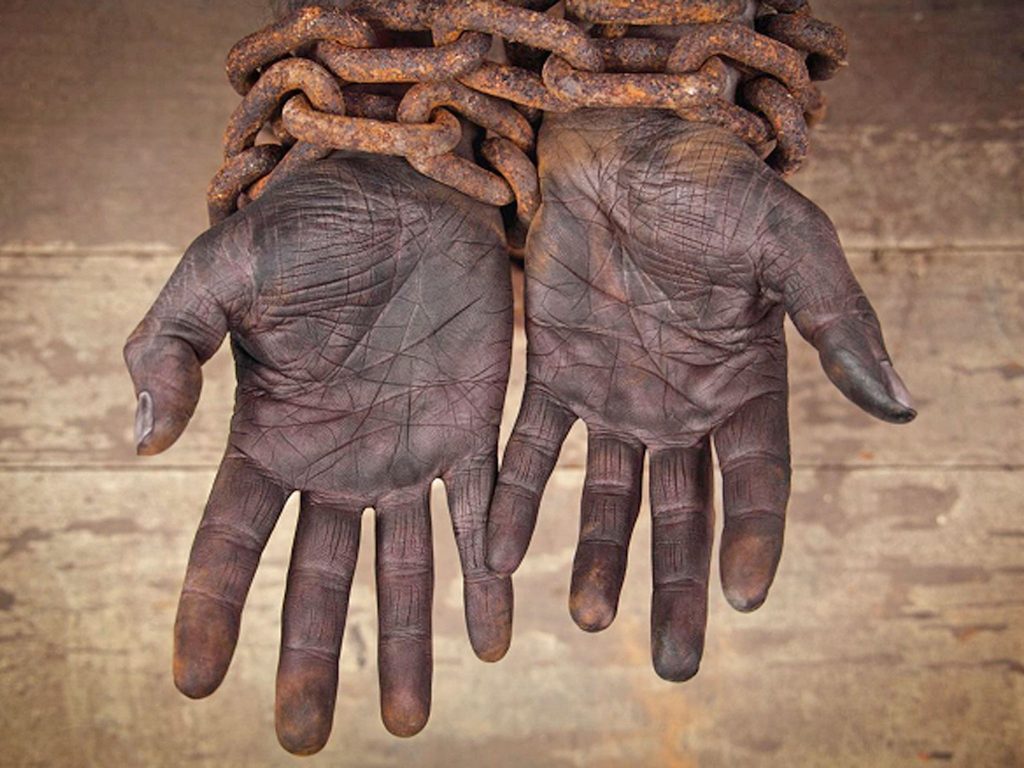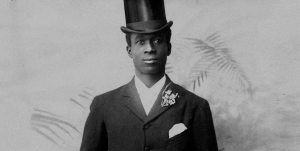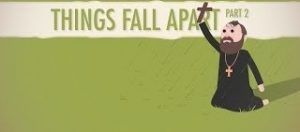When is a slave not a slave?.. When they are considered an apprentice!
Around the 1830s, Great Britain had finally heard the campaigners and sided with the abolitionists. The government passed the bill to abolish slavery. SUCCESS!
Some Brits understood the inequalities (to put it lightly) of slavery, some did not. The slave owners, and the masters did not. If slavery was abolished, then they would not only lose out on money they had spent to acquire the enslaved Africans, but they would also lose out on labour.
Who else is going to do the work? For little to no pay and poor working conditions?
Being white, wealthy and having close ties to the government, the slave owners started to rally amongst themselves because the end of slavery was not a good deal for them. They also informed the government that this would affect the economy.
Heaven forbid the country’s economy takes priority over people’s lives? (This sounds very similar to the government releasing lockdown measures and allowing the people to go out and drink even though the corona virus is still very much in play. But that’s a rant for another post.)
Not only did the UK government pay the slave owners for their loss of property (freed slaves), they also passed the Apprenticeship law. This meant that the enslaved would still work under the plantation owners as ‘apprentices’ for a further six years AFTER slavery had been abolished.

The only difference between being enslaved and an apprentice is that there was light at the end of the 6 year tunnel AND the apprentice also received medical insurance!
The British government enforced the abolishment of slavery, but at the same time, isn’t it strange that the enslaved were not given instant freedom? Or better paying jobs and land?
The hierarchy of how blacks were seen in Britain and its colonies still remained despite slavery being abolished.
What do you think of the Apprenticeship laws of 1832? Fair?




